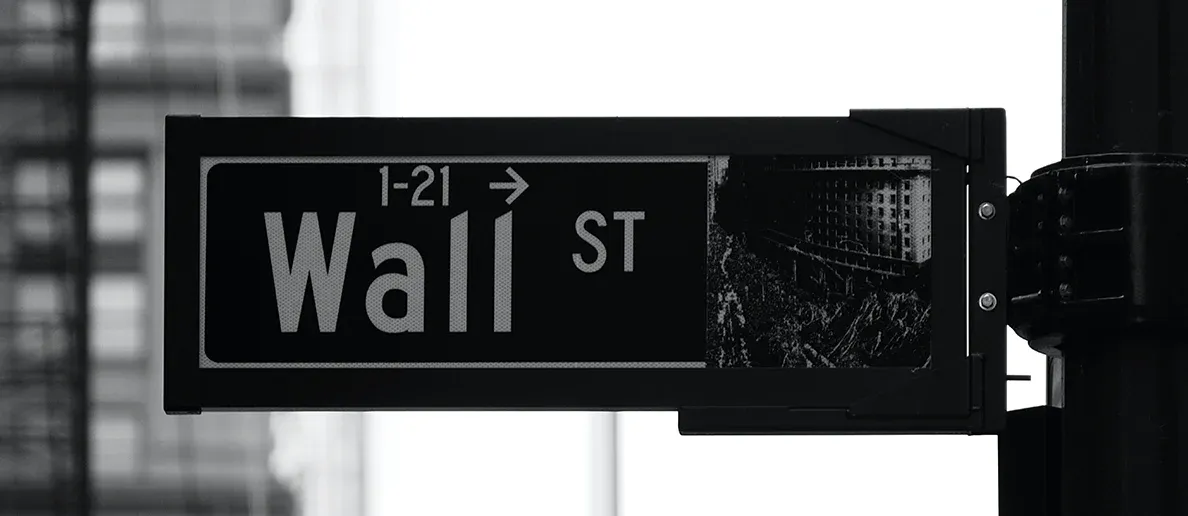Five Stocks That Dominated the Movement Charts


We looked at some of the biggest movers last week, while only considering the companies with a market cap of at least $5 billion.
DaVita Inc & Baxter International Inc
Healthcare company DaVita (DVA:US) lost over 18% while Baxter (BAX:US) slipped more than 15% following a positive data readout from Novo Nordisk's (NVO:US) trial of semaglutide kidney outcomes in type 2 diabetes patients in 2024.
Subsequent approval could impact companies like DaVita, Baxter, and Fresenius Medical (FMS:US). Investors are now pricing in a lower demand for end-stage renal disease incidence starting in 2025.
Still, DaVita expressed its belief that the findings of Novo Nordisk's FLOW study may have limited application to the broader chronic kidney disease patient population. This suggests that DaVita may not anticipate a significant impact on its patient population or business from the results of the study.
“Although it is nearly impossible to draw any conclusions from the FLOW study at this point because the study results have yet to be released, based on the inclusion criteria for study participants, we believe there may be limited application of the FLOW study findings to the overall CKD patient population,” the company said.
Congressman Ro Khanna has been actively buying Baxter shares in recent months.
Wayfair Inc
The American e-commerce giant based in Boston, Wayfair’s (W:US) shares lost more than 17% as the market sees the company’s business under pressure from the ‘higher-for-longer’ approach adopted by the Federal Reserve. Wayfair, which sells furniture and home goods online, may feel the pressure from the weakening U.S. consumer as the Fed prepares to hold rates at levels above 5% for at least the next couple of quarters.
Moreover, cautious commentary by Wedbush analysts accelerated the selloff with analyst Seth Basham seeing a “softer near-term demand environment.”
“The mounting pressures of rising gas prices, the restart of federal student-loan payments in October, dwindling excess pandemic savings and rising interest rates could take another bite out of consumer spending on furniture and home furnishings,” Basham wrote in a client note.
Accordingly, Wayfair is facing increasing headwinds, just as it begins to see the advantages of improved stocking, competitive pricing, and more assertive advertising efforts. Moreover, the excess inventory levels in the industry that contributed to Wayfair's market share gains are expected to return to normal levels.
Despite these challenges, there is an overall positive outlook for Wayfair's ability to achieve sustained profitability and continue to gain market share. On the other hand, Basham sees the downside risk is seen as mitigated by low expectations from investors.
Representative Daniel Goldman sold some Wayfair shares in April this year.
A number of stocks slipped on the back of the evolving conflict in the Middle East between Israel and Gaza-based Hamas. Israel-based companies, as well as those with a lot of staff based in this country, felt pressure as investors are digesting fast-evolving updates from another major battlefront.
Mobileye
The systems software company Mobileye (MBLY:US) fell nearly 17% on the back of fears that this Israeli-based business will be hit hard as Israel’s army prepares to enter Gaza in what is expected to be the country’s biggest ground operation since it invaded Lebanon in 2006.
Northrop Grumman Corp
For the same reasons, shares in several defense companies were on the up last week with Northrop Grumman (NOC:US) stock gaining about 16%. Other stocks like L3 Harris (LHX:US), General Dynamics (GD:US), and Lockheed Martin (LMT:US) were also attracting inflows last week. NOC shares gained as much as 11% last Monday – the first trading day after Hamas’ deadly attack on Saturday.
Congressman Goldman was trading NOC shares this year, including the $15,000 - $50,000 sale performed in July. His colleague Lois Frankel was also seen selling shares of Northrop Grumman this year.
Other sectors that were boosted by the rising tensions in the Middle East are oil and gold stocks. Oil was whipsawing the entire week as investors were torn between the war in the Middle East and recession fears around the globe. On the other hand, gold gained as much as 5.5%.
